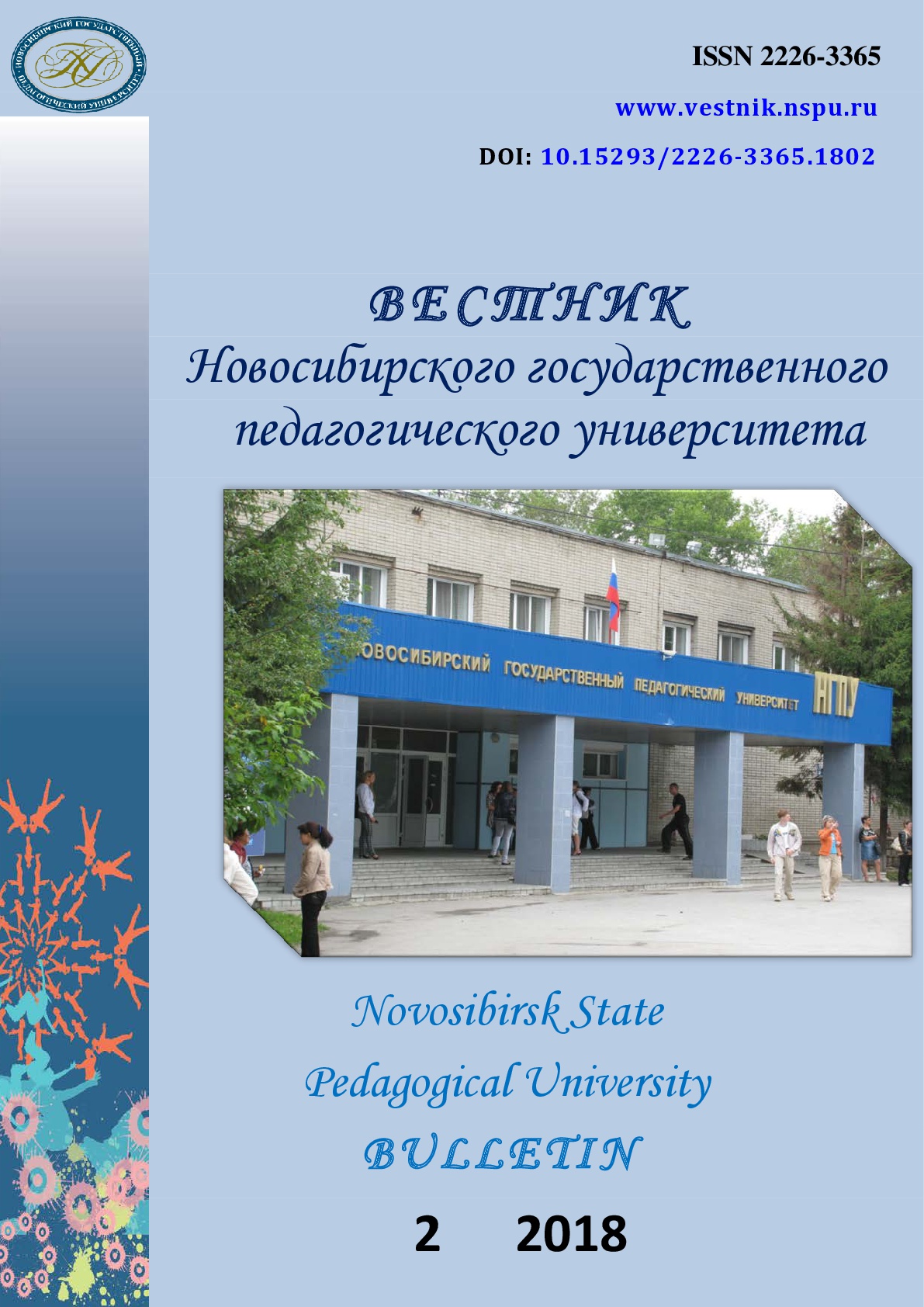О кластеризации когнитивных теорий обучения
On the clustering of cognitive learning theories
Author(s): Boris Olegovich MayerSubject(s): Education, Analytic Philosophy, Cognitive Psychology
Published by: Новосибирский государственный педагогический университет
Keywords: Cognitive learning theories; Clustering; Comparative analysis; Analytical philosophy; Human sociality; Cognitive maps; Teaching styles;
Summary/Abstract: Introduction. The research problem is the contradiction between a large number of different cognitive learning theories and the lack of clustering based on traditional notions of a person's sociality. The aim of the work is to cluster several dozen cognitive learning theories created within the framework of analytical philosophy on the basis of their unification by: the place of the theories in the learning process, the content of the cognitive process, the concepts of the content of the learning process, and the formation of trainee qualities. Materials and Methods. Research methods include a comparative analysis of cognitive learning theories on the basis of their basic intentions, combining theories on meta-concepts about the learning process and their subsequent subdivision into four clusters. Results. Seventeen cognitive learning theories developed over the last 60-70 years within the framework of analytical philosophy are analyzed. As a result, four clusters of cognitive learning theories are distinguished on the basis of the following concepts: the place of cognitive theories in learning, the nature of the cognitive process in learning, the content of the learning process, and the formation of trainee qualities. Conclusions. On the basis of the results obtained, the conclusion is drawn that modern cognitive learning concepts are based on "analytical" philosophy, since the sociality of a person falls out of the cognitive concepts examined. In fact, it is a question of forming the qualities of an individual, but not of an individual, which is typical enough for an analytical approach, and the ideas about the learning process are of a purely technological nature.
Journal: Вестник Новосибирского государственного педагогического университета
- Issue Year: 8/2018
- Issue No: 2
- Page Range: 119-134
- Page Count: 16
- Language: Russian

